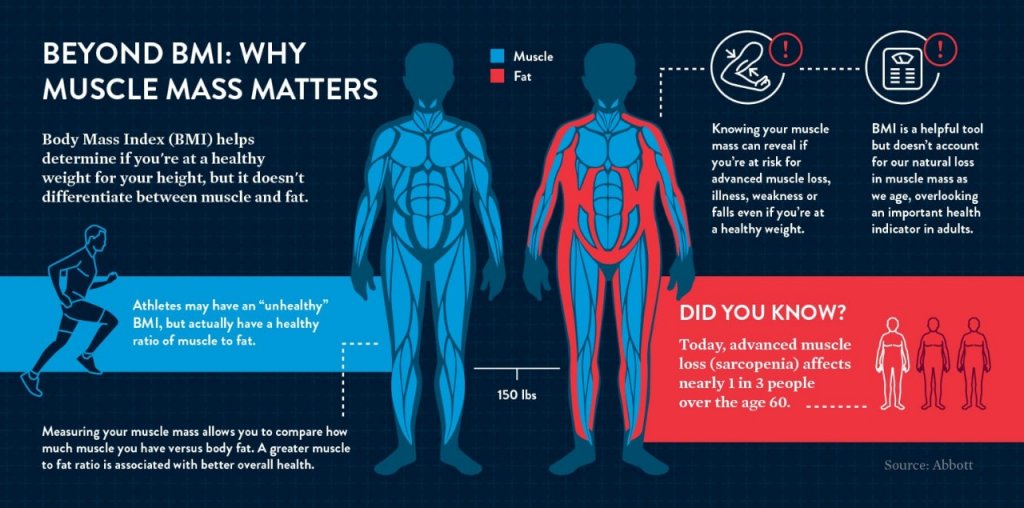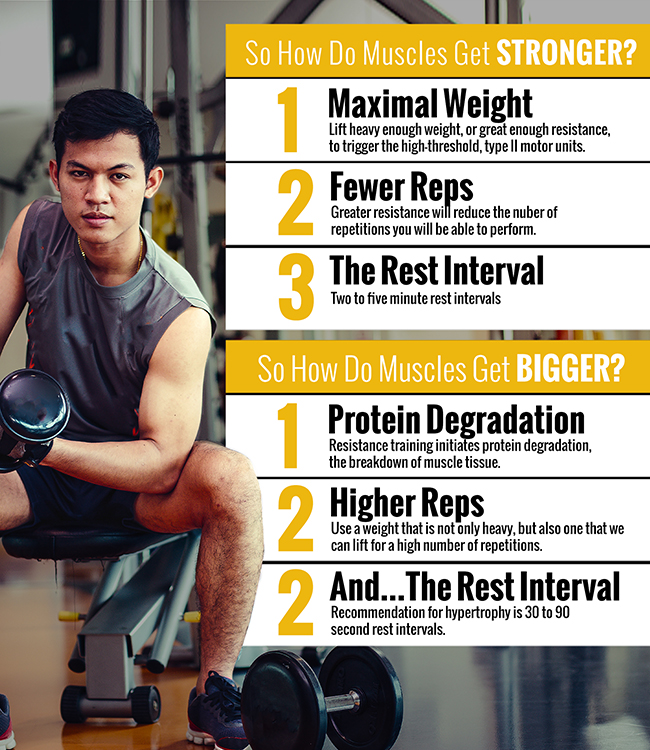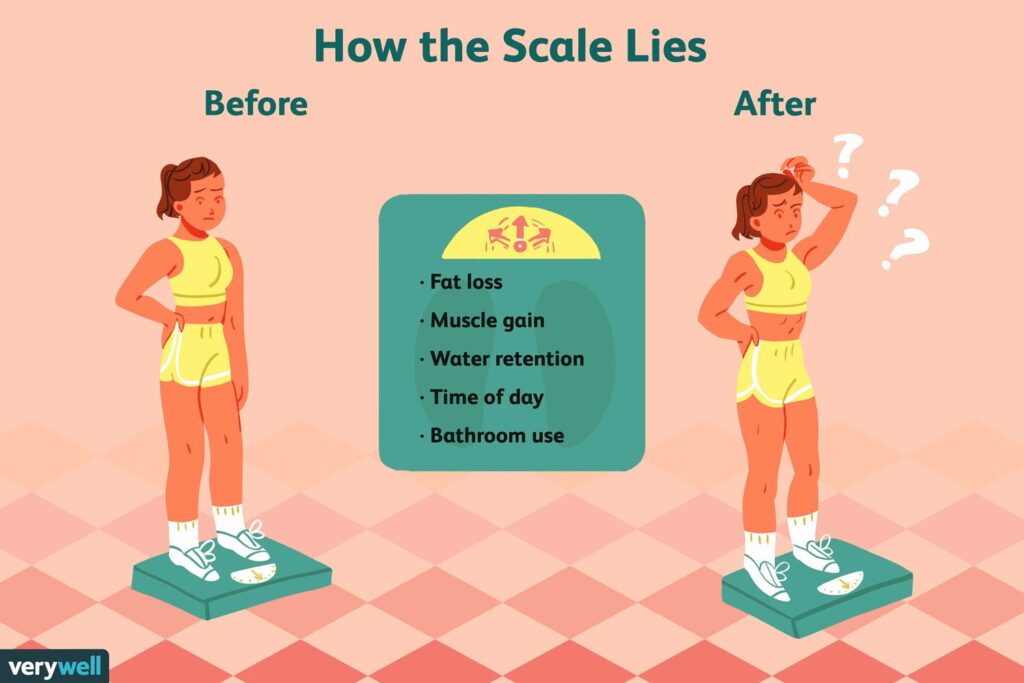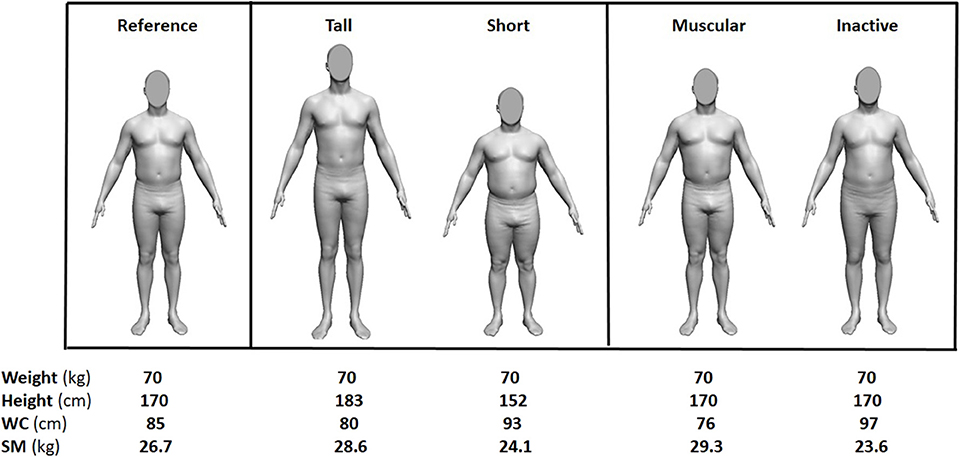Yes, muscle mass can affect BMI. Muscle is denser than fat, which can lead to a higher BMI.
Body Mass Index (BMI) is a widely used measure to assess body fat based on height and weight. It doesn’t differentiate between muscle and fat. Therefore, individuals with high muscle mass might have a higher BMI, which can be misleading.
Athletes and bodybuilders often fall into this category. They may appear overweight or obese on the BMI scale despite having low body fat. Understanding this distinction is crucial for accurate health assessments. Relying solely on BMI can lead to incorrect conclusions about a person’s health. A comprehensive approach, including body composition analysis, provides a better understanding of an individual’s fitness and well-being.
Muscle Mass And Bmi
BMI measures body fat using height and weight. It doesn’t consider muscle mass. A person with high muscle mass might have a high BMI. This doesn’t mean they have excess fat. Muscle weighs more than fat. So, athletes often have higher BMIs. This can be misleading. They are very fit but have a high BMI. It’s important to look at muscle mass. This gives a clearer picture of health.
| Muscle Mass | BMI |
|---|---|
| Weight from muscles | Weight from muscles and fat |
| Higher in athletes | Higher in overweight people |
| Not linked to fat | Linked to body fat |
Credit: www.quora.com
Understanding Bmi
BMI stands for Body Mass Index. It is a number calculated using height and weight. To get your BMI, divide your weight in kilograms by your height in meters squared. For example, if you weigh 70 kg and are 1.75 meters tall, your BMI is 22.9. This formula is the same for everyone.
BMI does not measure body fat directly. It only uses weight and height. Muscle mass can affect BMI results. People with high muscle mass may have a high BMI. This does not mean they are unhealthy. Athletes often have a higher BMI due to muscle. It is important to consider other factors like diet and exercise.
Role Of Muscle Mass
Muscle and fat weigh the same. But muscle takes up less space. Muscles are denser than fat. So, two people can weigh the same but look different. Muscle makes you look leaner. Fat makes you look bulkier.
Muscle mass can increase your weight. This can make your BMI higher. But, it does not mean you are unhealthy. Strong muscles help in daily activities. They also improve your metabolism. A higher BMI with more muscle is not bad.
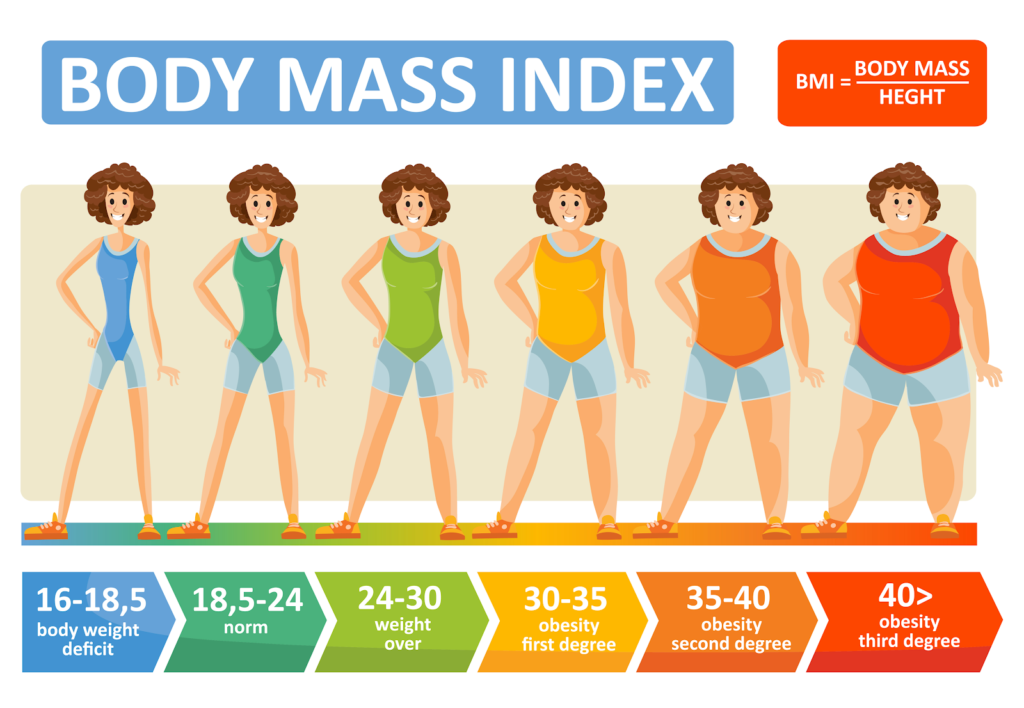
Credit: www.lipedema.net
Misinterpretations Of Bmi
Athletes often have high BMI scores. This does not mean they are unhealthy. Muscle weighs more than fat. BMI does not tell the difference. So, strong athletes can have a high BMI.
Many think a high BMI always means extra fat. This is not true. People with more muscle can have a high BMI. BMI is just a number. It does not show body composition. Always check other health measures too.
Health Implications
BMI stands for Body Mass Index. It measures body fat based on height and weight. Muscle mass can make BMI less accurate. Athletes often have high BMI due to muscles, not fat. This makes BMI seem higher than it should be. An accurate health assessment needs more than just BMI. Doctors often use other measures like waist size and body fat percentage. These methods give a better picture of health.
Relying only on BMI can be risky. It may lead to wrong health advice. People with high muscle mass might be seen as overweight. This can cause unnecessary worry. On the other hand, some with normal BMI might have high body fat. They might miss the need for health changes. It’s important to consider muscle mass in health checks. A full health check should include various measures. This ensures a true understanding of one’s health.
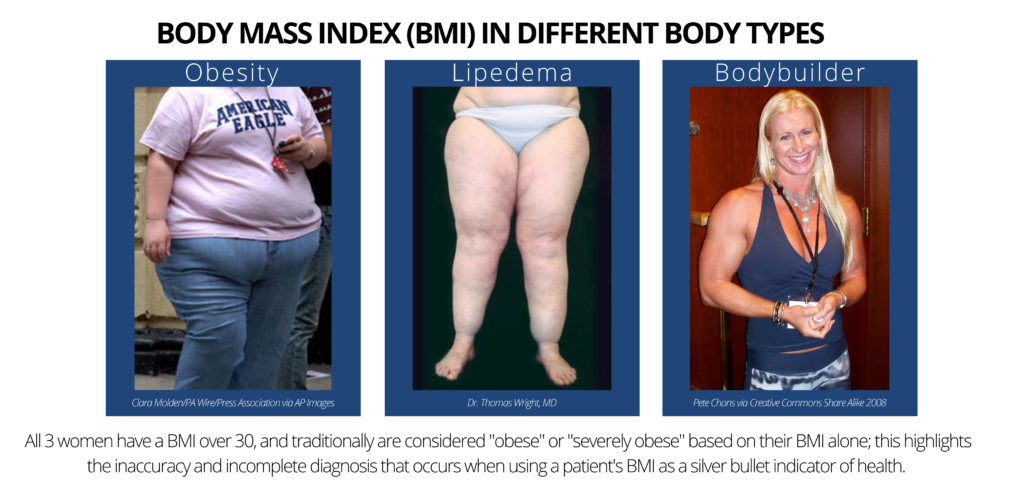
Credit: www.lipedema.net
Alternative Metrics
Body fat percentage measures how much of your weight is fat. This is a better indicator of health. It shows how much of your body is lean muscle. Muscle weighs more than fat. So, someone with more muscle might have a higher BMI. But they are not necessarily unhealthy. Monitoring body fat percentage helps in understanding your fitness level.
Waist-to-hip ratio compares the size of your waist to your hips. It is a good measure of body fat distribution. A high ratio means more fat around the waist. This can indicate higher health risks. Lower ratios suggest healthier body fat distribution. This metric is especially useful for those with high muscle mass. It gives a clearer picture of health risks.
Personalized Health Plans
Everyone’s body is unique. Muscle mass can make your BMI look higher. A person with more muscles may seem overweight. But they are actually fit and healthy. Doctors need to check muscle and fat. This helps to make the right plan for you.
Health plans must be made just for you. Muscle mass should be part of this plan. Exercise and diet should fit your body. This helps you stay healthy. Always talk to your doctor. They can help you best.
Future Of Health Metrics
New tools help measure muscle mass better. Smart devices track body composition in detail. This makes health tracking easier and more accurate. Wearable gadgets give real-time data. Apps can analyze this data for you. These innovations lead to better health insights. People can make informed decisions about their fitness. Doctors use this information for better treatment plans.
Health standards are changing. BMI is not the only metric now. Muscle mass plays a key role too. Experts are updating guidelines to include it. This helps in accurate health assessments. People with high muscle mass might have a higher BMI. But they are still healthy. New standards consider this factor. This leads to a fairer health evaluation.
Frequently Asked Questions
How Does Muscle Mass Influence Bmi?
Muscle mass significantly impacts BMI since muscle weighs more than fat. Higher muscle mass can result in a higher BMI. However, it doesn’t necessarily mean an unhealthy body.
Can Muscle Mass Affect Bmi Accuracy?
Yes, muscle mass can affect BMI accuracy. BMI doesn’t differentiate between muscle and fat. Athletes or muscular individuals might have a high BMI but low body fat.
Why Is Bmi Not Always Accurate For Athletes?
BMI isn’t always accurate for athletes because it doesn’t account for muscle mass. Athletes often have high muscle mass, which can skew BMI results.
Is A High Bmi Always Bad?
A high BMI isn’t always bad. It can sometimes indicate high muscle mass rather than excess fat. Always consider other health metrics.
Conclusion
Understanding the link between muscle mass and BMI is essential for accurate health assessments. Muscle mass can affect BMI calculations, often leading to misinterpretation. Prioritize balanced fitness goals, considering both muscle and fat. Always consult healthcare professionals for personalized guidance.
Stay informed and make smarter health choices.

